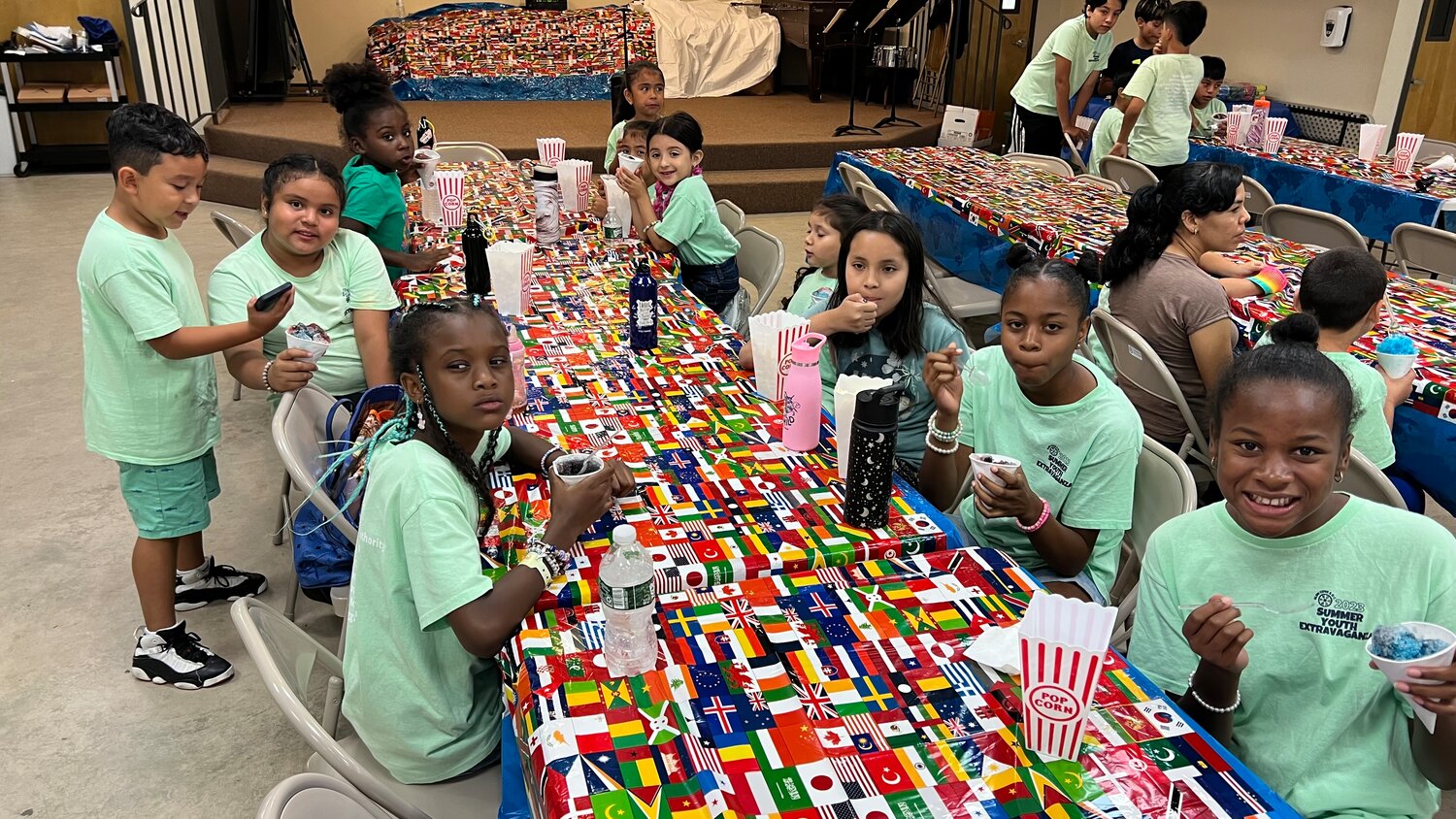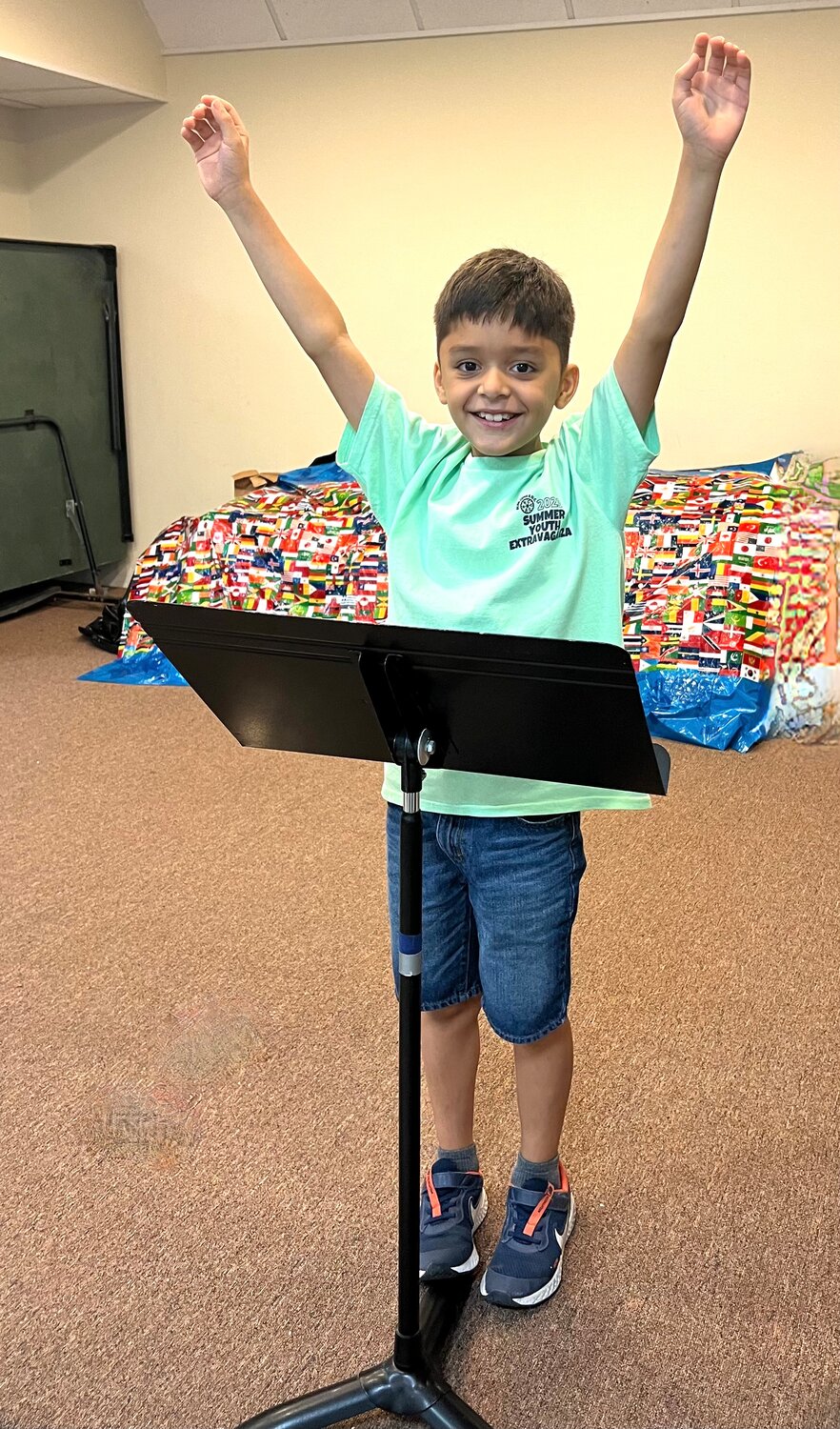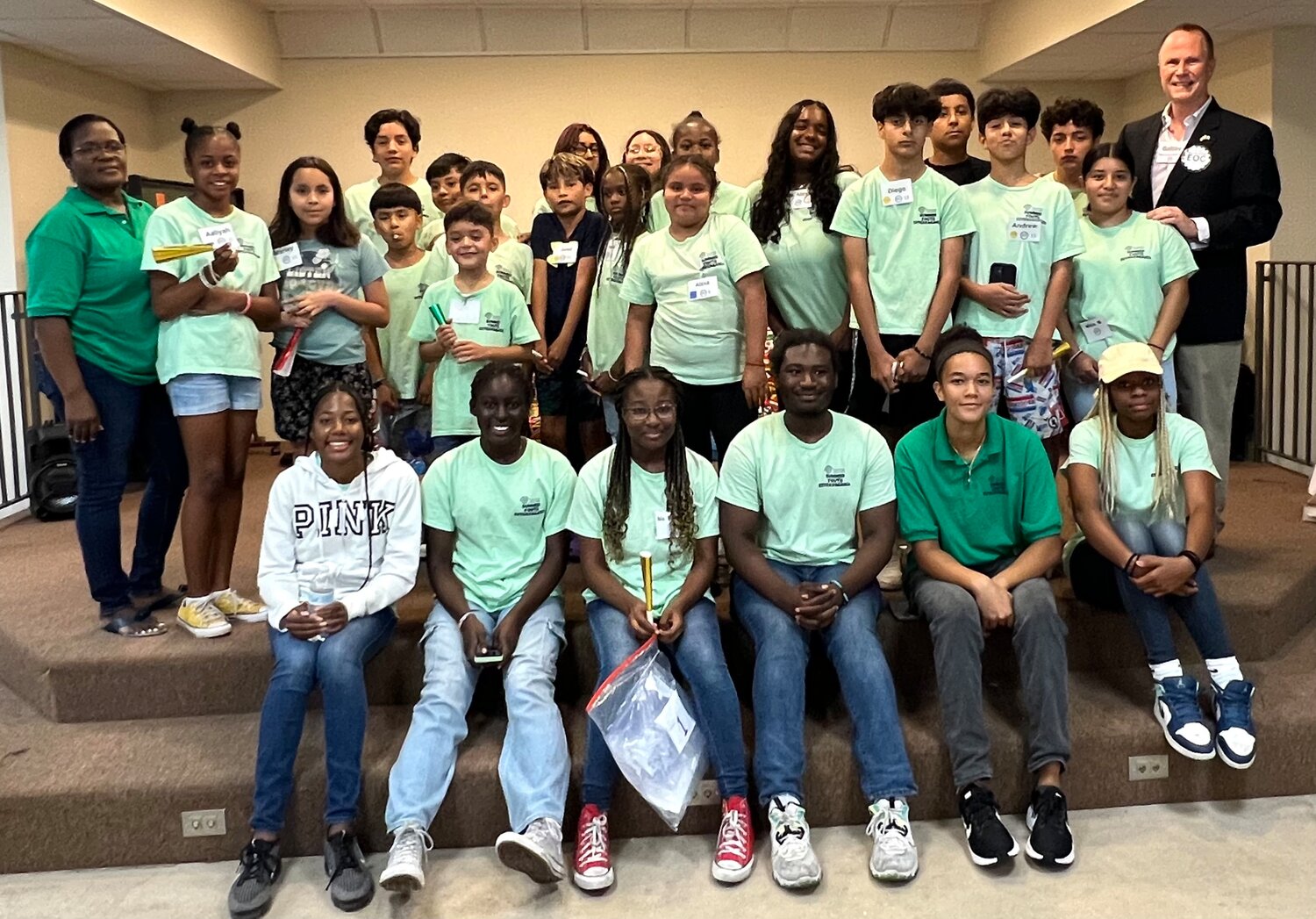Economic Opportunity Coalation give youth summer of learning and adventure
Summer signals freedom for children and gives them a break from the structure dictated by the school day. It’s a time for more play, making new friends, days at the pool and taking trips with family and friends. But many families struggle to keep their children healthy and occupied during the summer break because of financial limitations.
To help ease the lives of children and parents on the North Shore, the Economic Opportunity Coalation has stepped in to provide families with an eight-week program filled with engaging workshops that include trips to Splish Splash and a chance to work on experiments with scientists from the National Aeronautics and Space Administration to name a few. Thirty-seven youth, aged 5 to 13 experienced a fun summer their caretakers couldn’t normally afford.
For over 50 years, the Economic Opportunity Commission of Nassau County has provided programs and services to low-income residents. The coalition was born out of the Economic Opportunity Act of 1964, which was signed into law by President Lyndon B. Johnson on Aug. 20, 1964, a signature legislation of Johnson’s Act, “War on Poverty.”
During the past year, approximately 14,000 low-income children, youth, individuals, and families accessed EOC programs and services.
Families, who qualify for EOC programs such as utility and rental assistance programs, must fall 200 percent below the state’s poverty income threshold. For a family of five, that means the maximum income earned cannot exceed $61,000, according to Irma Jeanty, director of Glen Cove’s EOC program. Single parents are most likely to use the EOC’s programs.
The 2023 national poverty level for a family of four is $30,000, and the federal poverty rate is roughly 6 percent on Long Island. It’s estimated that one out of five Long Island residents live below the poverty line.
“Without this summer program, a lot of the parents wouldn’t know, what they would do with the kids because all the parents are working.” Jeanty said. “So having a program like that helps the client to have a community, to have a safe place, a safe environment for the kid for the summer and year-round.”
One of the many engaging and educational experiences youth enjoyed was studying the works of William Shakespeare, an English playwright, poet and actor who wrote at least 37 plays between 1590 and 1613. The experience was led by Gaitley Stevenson-Mathews, a professional performer with over 20 years of experience in stage plays, musical theatre, opera, and other forms of lyric theatre including stage productions of Shakespeare and Shakespeare’s contemporaries.
“Voice, speech, and fun with Shakespeare is intended as an experimental journey, learning more about voice and speech and how it relates to imagery, emotion, and thought,” Stevenson-Mathews said. “The tools learned will be used to joyfully discover just how much fun it can be to uncover the meaning of Shakespeare’s words, his phrases, and his insight into human nature.”

 51.0°,
Fog/Mist
51.0°,
Fog/Mist 









